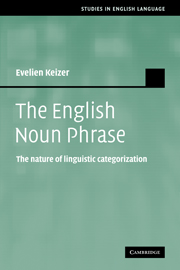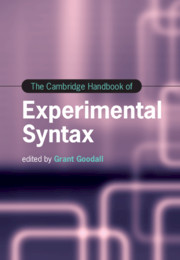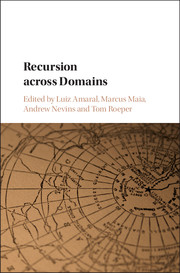The English Noun Phrase
English has an interesting variety of noun phrases, which differ greatly in structure. Examples are 'binominal' (two-noun) phrases ('a beast of a party'); possessive constructions ('the author's opinion'); and discontinuous noun phrases ('the review [came out yesterday] of his book'). How are these different noun phrases structured? How do we produce and understand them? These questions are central to this study, which explores the interaction between the form of noun phrases, their meaning, and their use. It shows how, despite the need in linguistic analysis for strict categories, many linguistic constructions in fact defy straightforward classification - and concludes that in order to fully explain the internal structure of utterances, we must first consider the communicative, pragmatic and cognitive factors that come into play. Drawing on a range of authentic examples, this book sheds light not only on the noun phrase itself but also the nature of linguistic classification.
- Provides an in-depth analysis of a wide range of different types of noun phrase, taking every example from authentic corpus data
- Is not based on any particular linguistic model
- Addresses the most crucial questions in linguistics, relating to linguistic argumentation, linguistic evidence and linguistic categorization
Product details
December 2010Paperback
9780521183956
394 pages
229 × 152 × 21 mm
0.53kg
Available
Table of Contents
- 1. Introduction
- Part I. The Structural Approach: Possibilities and Limitations:
- 2. Headedness within the NP
- 3. Close appositions
- 4. Appositions with of
- 5. Binominals
- 6. Pseudo-partitives
- 7. Sort/kind/type-constructions
- 8. Conclusion
- Part II. The Cognitive-Pragmatic Approach: Some Applications:
- 9. The flexibility of language
- 10. Complements and modifiers
- 11. Discontinuous NPs
- 12. Possessive constructions: 'the author's opinions vs. the opinion of the author'
- 13. Conclusion.






